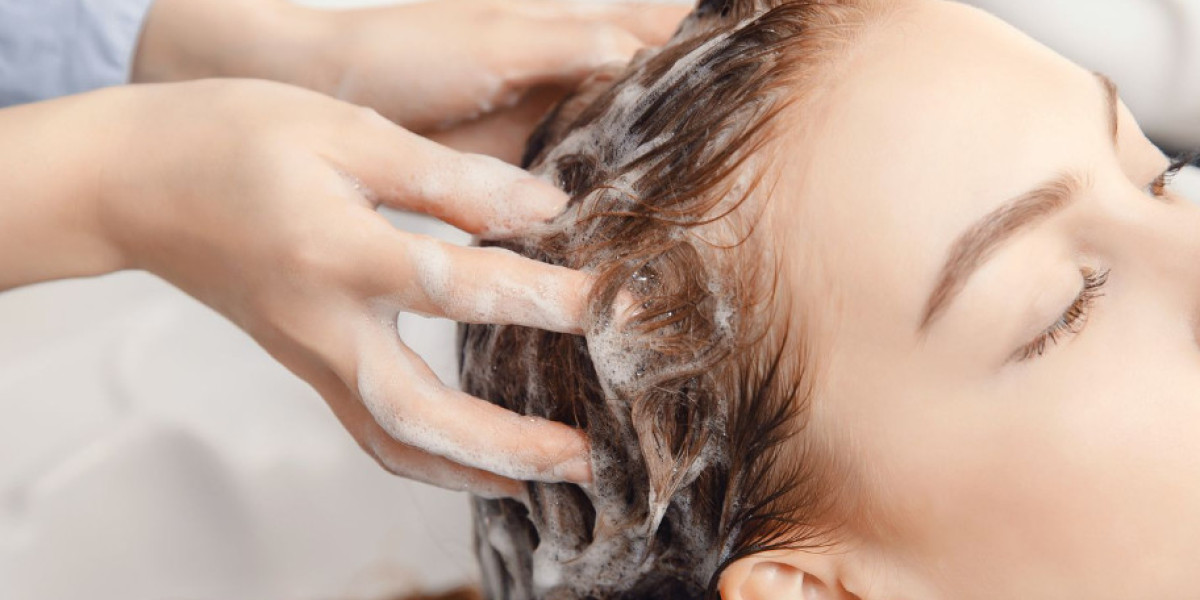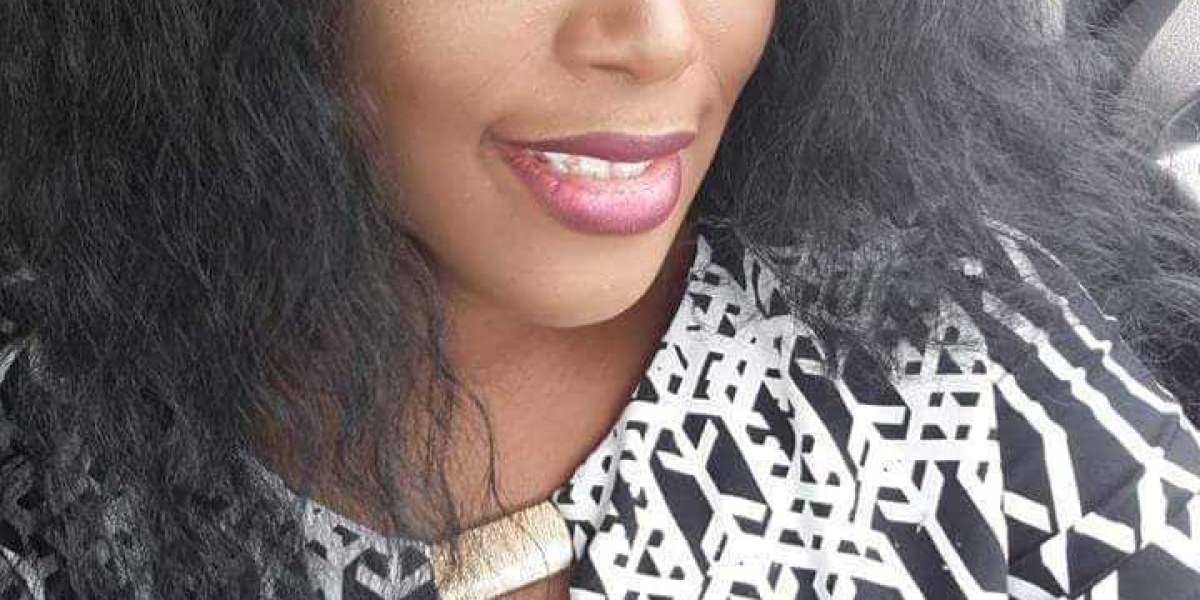Your hair is often considered a reflection of your overall health and beauty, but behind every strong, lustrous strand is a healthy scalp. Taking care of your scalp is just as important as caring for your hair itself. Neglecting it can lead to problems like dryness, dandruff, hair thinning, and even hair loss. Heres everything you need to know about scalp and hair treatment Daly City to maintain the health of your hair from root to tip.
Why Scalp Care is Important
A healthy scalp provides the foundation for healthy hair. The scalp is like soil, and your hair grows like plants from it. If the scalp is nourished, balanced, and clean, your hair will grow strong and vibrant. Conversely, an unhealthy scalpwhether too oily or too drycan lead to hair issues like dullness, thinning, and breakage.
Common Scalp Issues:
- Dandruff: Often caused by an imbalance in the scalps natural oils or the presence of fungi. It leads to itchiness and flaky skin.
- Oily Scalp: Produces excess sebum, causing hair to appear greasy and flat.
- Dry Scalp: Lacks sufficient moisture, leading to irritation, itching, and hair breakage.
- Sensitive Scalp: Prone to inflammation and redness, often a reaction to harsh products or environmental factors.
- Hair Thinning and Loss: Can stem from a variety of causes, including stress, genetics, and scalp issues like clogged hair follicles or poor blood circulation.
Scalp and Hair Treatment Routine
1. Regular Cleansing
Cleansing your scalp is crucial for removing excess oil, dead skin cells, and product buildup. However, not all shampoos are created equal.
- For Oily Scalp: Use a clarifying shampoo once a week to deeply cleanse your scalp without stripping it of natural oils.
- For Dry Scalp: Opt for moisturizing shampoos with natural ingredients like aloe vera, argan oil, or coconut oil to soothe and hydrate.
- For Dandruff: Look for shampoos containing anti-fungal ingredients like ketoconazole or zinc pyrithione to control flaking.
Always avoid harsh sulfates, as they can irritate your scalp and strip away natural oils.
2. Exfoliation
Exfoliating the scalp is often overlooked but essential for removing dead skin cells and promoting hair follicle health. Scalp scrubs containing sea salt or sugar can improve blood circulation and remove buildup.
- How Often: Once a week for oily or normal scalps. Every two weeks for dry or sensitive scalps.
3. Moisturizing and Conditioning
After cleansing, follow up with a conditioner or scalp treatment that replenishes moisture. If you have an oily scalp, apply the conditioner only to the ends of your hair. For dry or sensitive scalps, choose a lightweight conditioner thats scalp-friendly, with ingredients like jojoba oil or shea butter.
4. Hair Masks and Scalp Treatments
Hair masks and scalp treatments can provide intense nourishment to both your scalp and hair.
- Scalp Masks: Opt for scalp masks designed to balance oil levels or provide deep hydration. Clay masks can detoxify an oily scalp, while aloe-based treatments soothe dryness.
- Hair Masks: For hair repair and strength, use a hair mask packed with proteins like keratin or silk amino acids. Ingredients like honey, avocado, and yogurt are great for moisture.
Apply these treatments once or twice a week for best results.
5. Massage Your Scalp
A daily scalp massage can work wonders for boosting hair health by increasing blood circulation and promoting the delivery of nutrients to the hair follicles. Use your fingertips or a scalp massager for 5-10 minutes every day. You can enhance the massage with oils like rosemary, peppermint, or lavender to nourish and stimulate hair growth.
6. Oiling the Scalp
Hair oils can rejuvenate a dry or stressed scalp while enhancing shine and strength. Oils like argan, coconut, and castor oil are excellent for moisturizing and promoting hair growth.
- How to Use: Apply the oil directly to the scalp and gently massage it in. Leave it on for at least 30 minutes or overnight before washing. Avoid using too much oil, as this can clog pores.
7. Heat Protection
If you regularly use heat-styling tools, a good heat protectant spray is a must. Heat can damage hair and make the scalp more prone to dryness and irritation. Use a lightweight spray that shields your strands and scalp from high temperatures.
Best Ingredients for Scalp and Hair Health
- Aloe Vera: Hydrates and soothes dry, irritated scalp.
- Tea Tree Oil: Antifungal and antibacterial properties help treat dandruff and scalp acne.
- Peppermint Oil: Stimulates blood flow and promotes hair growth.
- Hyaluronic Acid: Deeply moisturizes hair and scalp, preventing dryness.
- Biotin and Keratin: Strengthen the hair shaft, reducing breakage and improving elasticity.
Professional Scalp Treatments
Sometimes, at-home care may not be enough to resolve stubborn scalp and hair issues. Professional treatments offered by dermatologists or hair clinics can help:
- Scalp Peels: Exfoliating treatments that deeply cleanse the scalp.
- PRP Therapy: Platelet-rich plasma injections to stimulate hair follicles and promote hair growth.
- Laser Therapy: Low-level laser treatment that improves blood circulation to the scalp, promoting hair growth.
Conclusion
A healthy scalp is the key to maintaining strong, beautiful hair. Incorporating regular scalp care, using the right treatments, and being mindful of the products you use can prevent many common hair concerns. Whether its through natural remedies, regular cleansing, or professional treatments, nurturing your scalp and hair can lead to noticeable improvements in hair growth, texture, and overall vitality.








